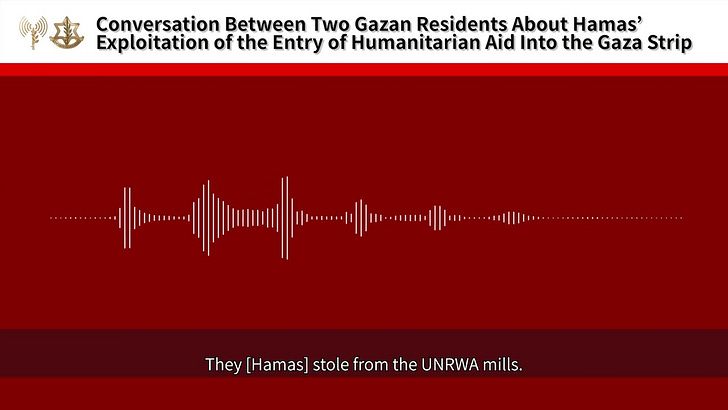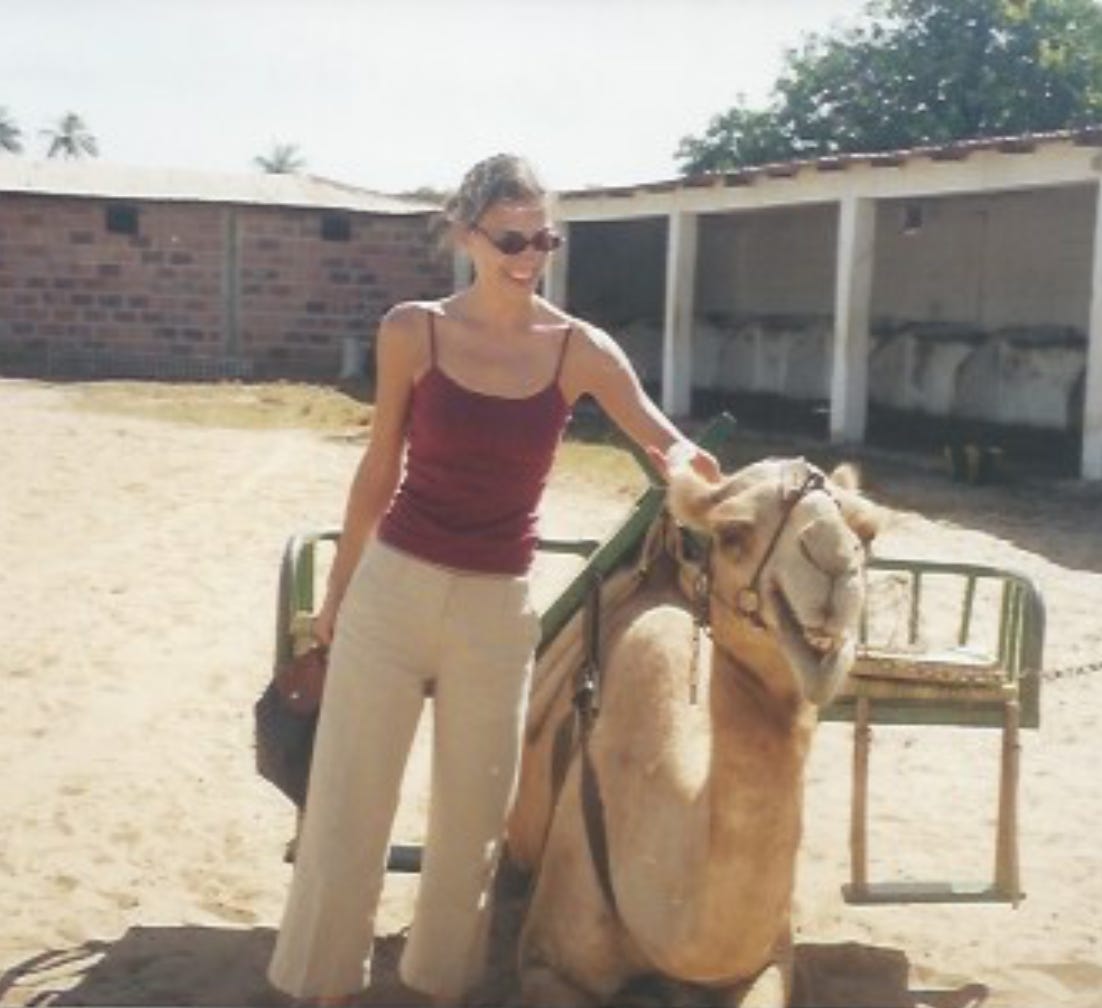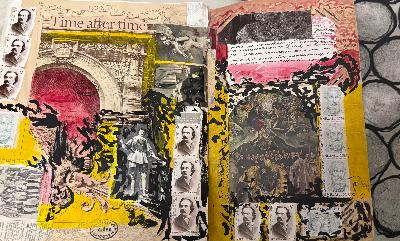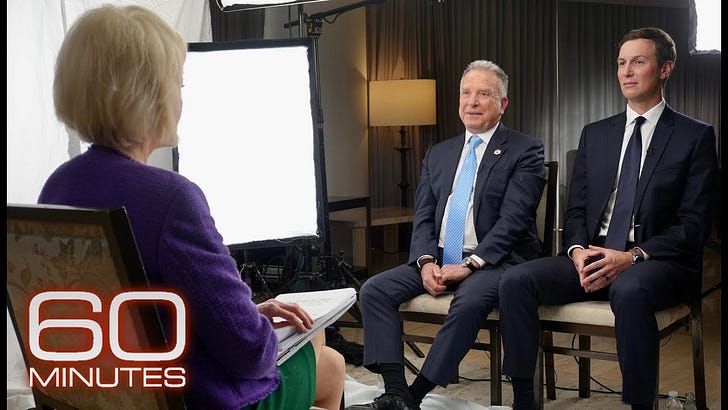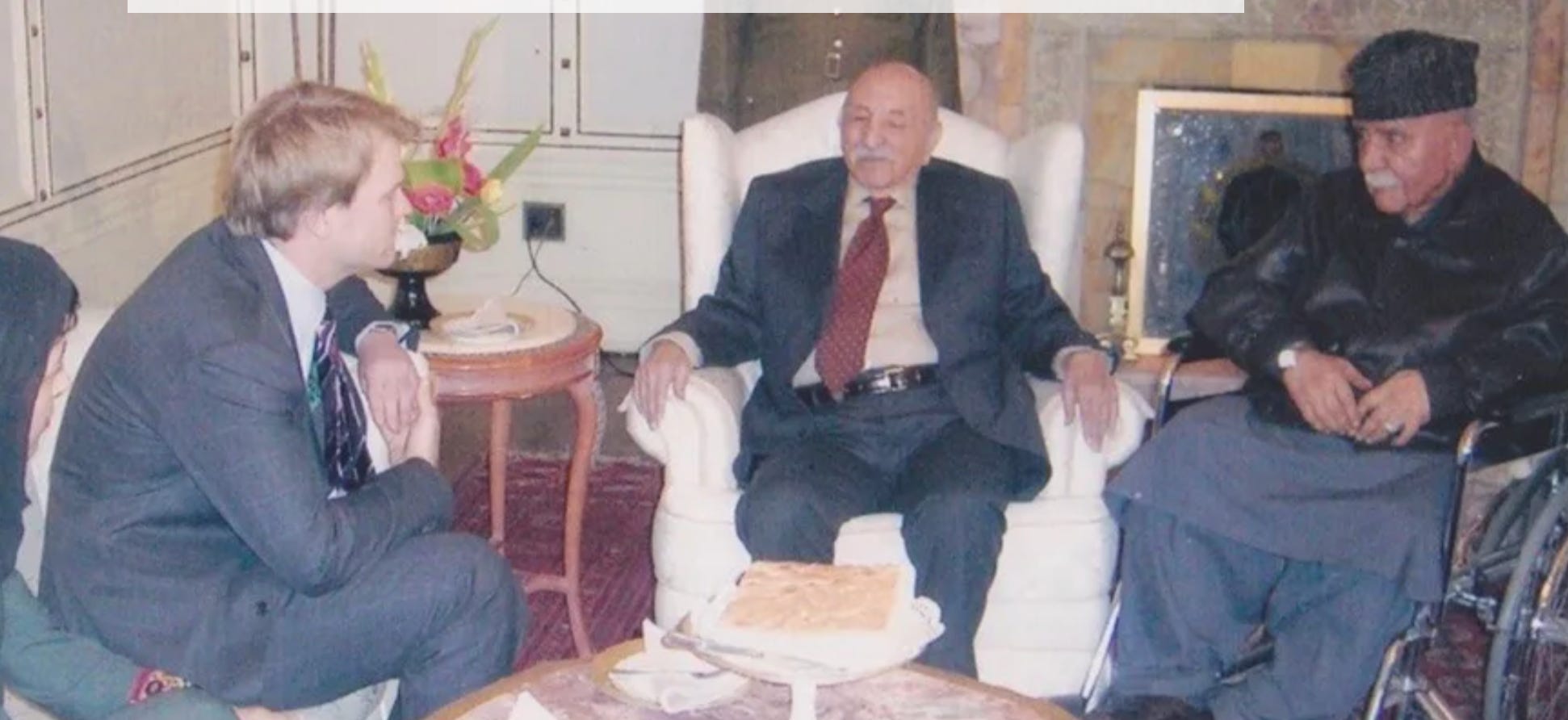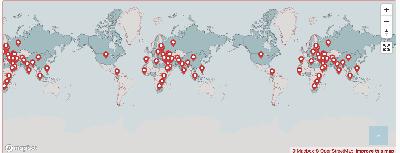Bibi's Bad Idea
Description
The UN Security Council will hold an emergency session today (it’s now Sunday in Paris) to discuss the Israeli security cabinet’s approval of a plan to seize Gaza City. The hostages’ families have called for a general strike over the decision.
I spoke to Vivian Bercovici and Judith Deborah Levy to ask how they feel about this.
In short: not good.
It’s a long podcast—we had a lot to talk about—so I’ve posted a transcript below if you’re in a hurry.
* Bucking IDF warnings, security cabinet approves Netanyahu plan to conquer Gaza City. Residents will have until October 7 to evacuate; proposal more limited than PM’s previously-stated intention to take over entire Strip, but official indicates IDF will later move on to other areas.
* Masses rally against Gaza City takeover plan, urge soldiers to refuse, seek general strike. Tel Aviv’s Ayalon highway shut down as protesters light bonfires in the road; relatives of hostages bewail “eternal war-mongers” for choosing to “sacrifice” their loved ones.
Claire: This is the Cosmopolitan Globalist. And I’m Claire Berlinski. I’m here with two North American Israeli women, and we’re going to talk about everything that’s been happening in Israel and Gaza. Vivian Bercovici is the author of the State of Tel Aviv, which I’ve cross-posted frequently. One of the best newsletters on Substack, if you’d like to keep up with events in Israel, Tel Aviv and Judith Lee-vee is a guest on our podcast—
Judith: Leh-vy, Leh-vy.
Claire: Leh-vy. I’m never gonna say that, Judith. I’m sorry. It’s too late. I’ve known her for, what, 35 years and I still can’t get her name right. I didn’t introduce Vivian as Ber-co-vee-chee at least.
Vivian: No, but I do have to mention that I no longer live in Tel Aviv. So it’s now called State of Tel Aviv and Beyond. I moved a year ago to a kibbutz in Southern Israel near Sderot, and not too far from the Gaza border. So, that’s where I live now, Claire.
Claire: So, Judith and Vivian are both long-term Israelis. How long have you both been there? Actually, Vivian, you’re pretty recent compared to Judith.
Judith: I’ve been here about 24 years-ish.
Claire: Vivian was the former Canadian ambassador to Israel. So she has a lot of insight into what’s going on on the Canada side of this.
I just wanted to ask how you’re both doing?
Judith: Oy. Um, you know. I feel like I say the same thing each time. That we are living this bizarre kind of duality where we are living our normal lives to the best of our ability. And so we go to the movies, and we make dinner, and we have friends over, and we cook, and we go to the cafe, and we—you know, like normal—but there is this underlying insanity, and despair, and terror that's right underneath.
And so for me personally, it’s this wave, where sometimes what I’m constantly pushing down just comes roaring up. There are moments when it just comes roaring up and, then I really kind of … fall apart. Now, this I also think is an American thing, because all the Israeli-Israelis around me, they also are very aware of everything under the surface, everything that’s above the surface, but they don’t freak out the way I do and the way other Americans I know do. I’ve been here such a long time, and that will never change—that not having grown up with this kind of stuff. I will never, ever get used to it. So, the last time this occurred for me was when the snuff video of Evyatar David came out, the video of him being forced to dig his own grave.
And I—the combination of the event itself and the reaction to it, or non-reaction to it, sent me into a complete tailspin for a couple of days, you know, and then I just have to shove it back in my mental closet and get on with life. And that’s what it’s been like for almost two years—for all of us.
Claire: Vivian?
Vivian: It’s so hard to articulate the agony that I think we’re all living with. I’m not sure that, Judith, your reaction has to do with being American or not, or it’s just maybe who you are. Most of my social and day-to-day interactions here are with Israelis, what I call real Israelis, unlike me, the people who, you know, the seventh-generation types, the kibbutznik types, the people who have lived here all their lives, the real salt of the earth.
And privately, I find they feel every bit the same way as you do. I think that the level of, uncertainty, worry, concern, panic, fear about where this country finds itself today is unbearable. And one of the things that I try to do—I’m not just gonna deflect, Claire, and speak about Judith's reaction. I mean, my own is: I feel that I am living on truly on a knife edge every moment.
I feel like a bunch of raw exposed nerves. And one of the things that is so important that I try to convey, in my writing and in my podcasts to people outside of Israel, is: Whenever there’s a crisis in the world, politicians and media and NGOs go out of their way to say, “It’s not the people of, let’s say, Iran, we have a problem with. It’s the government and the leadership with which we have a problem.” But no one seems to cut us that slack.
And I would say that based on polls, over 80 percent—this isn’t me making things up; there are successive polls that have been coming out for months, really since the last hostage-release agreement in February—over 80 percent today of Israelis want the war to end now, all the hostages to be released, even if Hamas is left standing.
And we’re never given that room to breathe. We’re all demonized as being these horrible, evil people. And our evil, of course extends to Jews around the world, right? So I feel like Judith. I mean, we go through our days, and sometimes, often, I find myself sitting there thinking, “How can you do this?”
It happened last week. I went—actually, I moved to a new house, and I’ve been here for a year now, and I really need a dining set. And I entertain a lot and I like to cook. And I went and I chose a set. Then, in the store, I thought, “How can you do this? How can you even think of doing this?” And this was, Judith, days after, of course, we saw those horrific videos of Evyatar David and Rom Braslavski.
And I just—I came home. I couldn’t buy it. I mean, it sounds so stupid, but it’s very hard to live and breathe when so much is at stake.
Judith: I find something that helps me with that—because I have that all the time—this kind of dissonance between the small cheerful minutiae of my day, which feel like—feel like I don’t deserve to be experiencing that because I can’t solve this greater problem.
Vivian: Yeah.
Judith: So something that really helps me with that is actually getting out and being with Israelis. You know, hardcore, old-school, seven-generation, real-deal Israelis, because—I’ll give you an example. A couple of months ago I got invited to—do you know what urban sketching is? It’s when a bunch of artists go to a city together and just plop themselves on benches with their watercolors and their ink, and they just draw stuff, you know, draw buildings, draw people. It’s really, really fun. It’s really fun. And so I got invited to do some urban sketching in Tel Aviv. And so we went to the city and we went to the Yemenite quarter. And this was on—
Vivian: Paradise, paradise for a sketch. Okay.
Judith: —Friday morning. Friday morning. And I’m telling you, the place was absolutely jam-packed. And it was like every single cafe is just spilling over with cool young people with their tattoos. It was just this vision of healthy, healthy young people everywhere, singing, like suddenly, like spontaneously getting up and dancing to the music coming from the next restaurant down.
It was the most wonderful thing. And this is, of course, in the middle of what’s going on. Everyone has somehow decided, “We are going to not just find a way to push it aside, but we’re going to celebrate the life that we actually are still fortunate enough to have.”
And so I look at these kids—we stopped off somewhere to get something to eat. And the staff was changing over. And the new guy coming in behind the counter was a drag queen who hadn’t gone home to change, right? And he was magnificent with his gold and his leopard skin. He was magnificent. Magnificent. And he comes in and the music is playing and everybody’s dancing and we’re all stuffing our faces with this wonderful food. And it was just so unbelievably healthy. And I thought, “You know, the world doesn’t want to believe that this is us.”
The world doesn’t want to believe that—this is the kind of culture that we—we’re something entirely different from this. And I, at this point, have given up on trying to convince anybody of anything because it’s too big now. It’s just too big. And so all that I can do is

